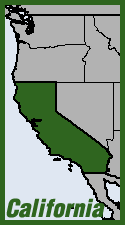 The Pinoleville Pomo Nation of Northern California's Mendocino County is set to be the first Native American tribe to grow cannabis, pursuant to the new Justice Department policy taking a hands-off approach to cultivation on Indian reservations. The 250-member tribe signed a contract last month with Kansas-based FoxBarry Farms and Colorado-based United Cannabis to develop a large-scale grow operation on its 99-acre rancheria just north of Ukiah. "We anticipate construction to begin in early February, and operations to commence by the end of the month," Barry Brautman, president of FoxBarry Development Company, told Indian Country Today Media Network. "Our first phase will include 90,000 feet of greenhouse space, and another 20,000 feet of indoor space." FoxBarry will also oversee distribution for California's medical market. Cannabis grown on the rancheria will be distributed only to card-holding medical users and dispensaries. “Our business model involves doing everything legally and by the book,” Brautman emphaszied to the Santa Rosa Press-Democrat.
The Pinoleville Pomo Nation of Northern California's Mendocino County is set to be the first Native American tribe to grow cannabis, pursuant to the new Justice Department policy taking a hands-off approach to cultivation on Indian reservations. The 250-member tribe signed a contract last month with Kansas-based FoxBarry Farms and Colorado-based United Cannabis to develop a large-scale grow operation on its 99-acre rancheria just north of Ukiah. "We anticipate construction to begin in early February, and operations to commence by the end of the month," Barry Brautman, president of FoxBarry Development Company, told Indian Country Today Media Network. "Our first phase will include 90,000 feet of greenhouse space, and another 20,000 feet of indoor space." FoxBarry will also oversee distribution for California's medical market. Cannabis grown on the rancheria will be distributed only to card-holding medical users and dispensaries. “Our business model involves doing everything legally and by the book,” Brautman emphaszied to the Santa Rosa Press-Democrat.


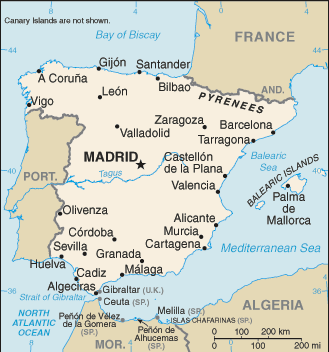 A helicopter loaded with Moroccan hashish crashed in southern Spain after hitting a power pylon, killing its two pilots, authorities said Jan. 28. The chopper went down in the wee hours near the mountain town of Cortes de la Frontera in Málaga province, apparently while takng evasive maneuvers as a Spanish
A helicopter loaded with Moroccan hashish crashed in southern Spain after hitting a power pylon, killing its two pilots, authorities said Jan. 28. The chopper went down in the wee hours near the mountain town of Cortes de la Frontera in Málaga province, apparently while takng evasive maneuvers as a Spanish 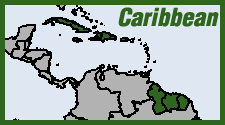 The Jamaican cabinet on Jan. 19 approved a bill to decriminalize possession of personal quantities of ganja (as the stuff is endearingly called in Jamaica's legal code). Beyond that, the bill would establish a Cannabis Licensing Authority to oversee cultivation, sale and distribution for medical, spiritual and industrial purposes. Possession of two ounces or less would be a ticketable infraction, leaving no criminal record. While public use would remain banned, the law would establish both a medicinal and religious defense, as well as permiting licensed cultivation of industrial hemp. The bill, officially the Dangerous Drugs (Amendment) Act of 2015, now goes to the Senate for approval. Justice Minister
The Jamaican cabinet on Jan. 19 approved a bill to decriminalize possession of personal quantities of ganja (as the stuff is endearingly called in Jamaica's legal code). Beyond that, the bill would establish a Cannabis Licensing Authority to oversee cultivation, sale and distribution for medical, spiritual and industrial purposes. Possession of two ounces or less would be a ticketable infraction, leaving no criminal record. While public use would remain banned, the law would establish both a medicinal and religious defense, as well as permiting licensed cultivation of industrial hemp. The bill, officially the Dangerous Drugs (Amendment) Act of 2015, now goes to the Senate for approval. Justice Minister  2014 witnessed considerable fraying of the international Drug War consensus—but the horrific violence that finally sparked this long-overdue reckoning continued to take its grim toll. On the upside, Uruguay regsitered its
2014 witnessed considerable fraying of the international Drug War consensus—but the horrific violence that finally sparked this long-overdue reckoning continued to take its grim toll. On the upside, Uruguay regsitered its 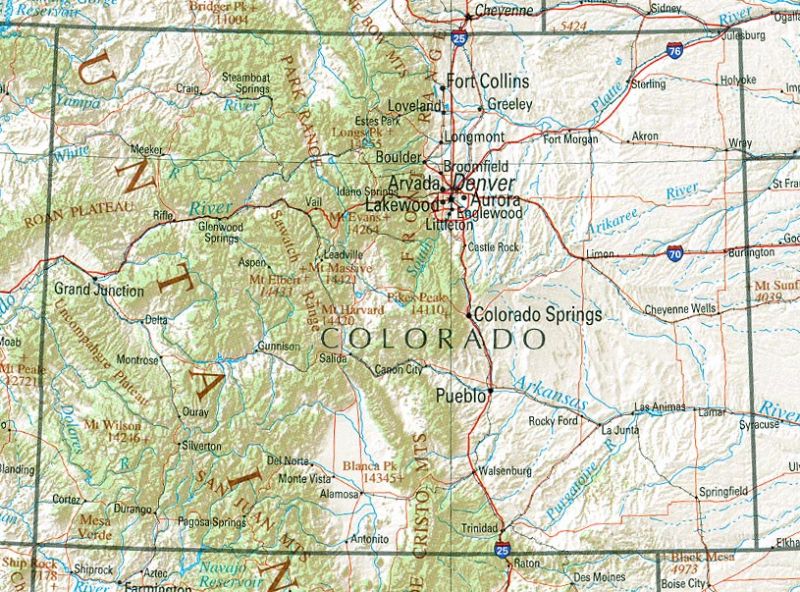 In the most serious challenge yet to Colorado's cannabis legalization policy, the states of Nebraska and Oklahoma took the unusual move of filing a case against it directly with the US
In the most serious challenge yet to Colorado's cannabis legalization policy, the states of Nebraska and Oklahoma took the unusual move of filing a case against it directly with the US 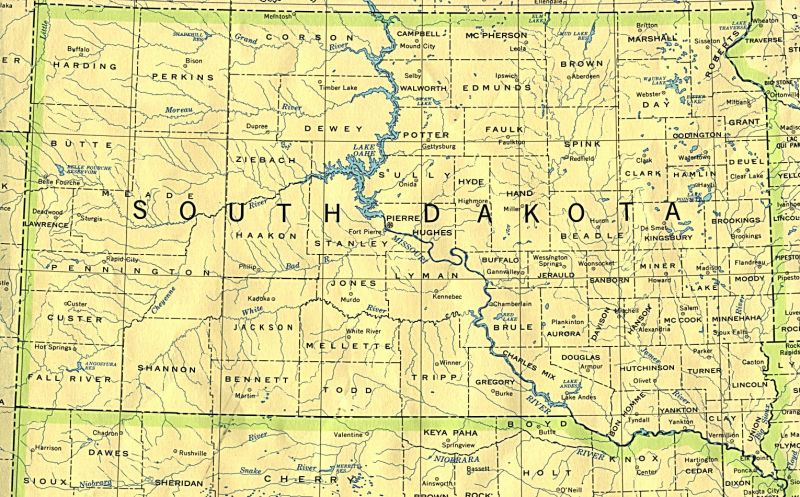 The
The  In an historic move to respect Native American sovereignty earlier this month, the US Department of Justice (
In an historic move to respect Native American sovereignty earlier this month, the US Department of Justice (





Recent comments
3 weeks 4 days ago
4 weeks 4 days ago
4 weeks 5 days ago
6 weeks 6 hours ago
11 weeks 1 day ago
13 weeks 4 days ago
18 weeks 5 days ago
30 weeks 4 days ago
32 weeks 5 days ago
33 weeks 5 days ago